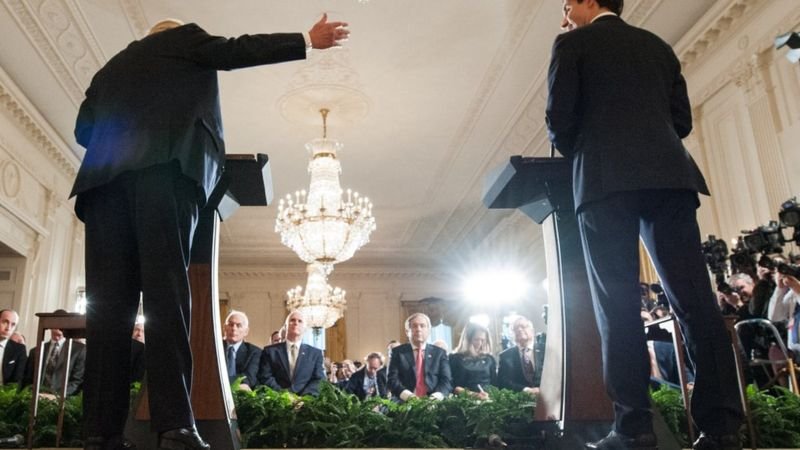Title: Navigating the Nuances: Biden’s Diplomatic Balancing Act in the Israel-Hamas Conflict
In a world where diplomacy often resembles a high-wire act, President Joe Biden’s administration finds itself performing a delicate balancing maneuver amidst the escalating conflict between Israel and Hamas. This intricate dance of statecraft underscores not only the complexities inherent in international relations but also illuminates the nuanced approach Biden is purportedly adopting to navigate these turbulent waters.
At the heart of this diplomatic endeavor lies a potential strategy that seeks to harmonize seemingly contradictory objectives: maintaining robust support for Israel while simultaneously addressing concerns from various domestic and international quarters. This dual-track diplomacy involves public gestures that resonate with specific audiences on one hand, and discreet, substantive actions supporting Israel’s strategic interests against Hamas on the other.
One might speculate about coordinated efforts between President Biden and Prime Minister Benjamin Netanyahu, designed to serve multiple purposes. For instance, publicly backing United Nations resolutions or canceling official delegations could be interpreted as moves to placate certain segments within both U.S. and global political landscapes. These actions send signals of empathy and concern for humanitarian considerations, aligning with expectations from parts of the international community and sections of Biden’s domestic base advocating for a more balanced stance on Middle Eastern affairs.
However, beneath this veneer of public diplomacy lies a deeper commitment to ensuring Israel’s security needs are met. Behind closed doors, it is conceivable that substantive support continues unabated—ranging from intelligence sharing to military assistance—underscoring an unwavering commitment to Israel’s right to defend itself against threats posed by Hamas.
This strategic ambiguity serves several functions. It allows Biden’s administration room to maneuver diplomatically without alienating key allies or undermining its own foreign policy principles centered around democracy promotion and human rights advocacy. Moreover, it reflects an astute recognition of the multifaceted nature of geopolitical conflicts where outright victories are rare, and success often hinges on achieving sustainable balances.
Critics may argue that such an approach risks sending mixed messages or diluting clear stances on critical issues like peacebuilding in conflict zones. Yet proponents would counter that in today’s complex global landscape marked by polarized opinions and diverse stakeholders, flexibility coupled with principled pragmatism may indeed offer the best path forward.
As we continue observing these developments unfold, it becomes evident that navigating such conflicts demands not just diplomatic acumen but also strategic patience—a willingness to engage in multidimensional chess where short-term concessions do not necessarily equate to long-term setbacks but rather pave way for nuanced solutions attuned to reality’s intricacies.
In conclusion, President Biden’s diplomatic maneuvers regarding the ongoing conflict between Israel and Hamas encapsulate broader challenges facing modern statecraft: how best can nations pursue their interests while fostering stability? As ever, answers remain elusive—but through careful analysis like this one offered here at CentristDialogue.com—we can begin unraveling these complex threads toward understanding.

Leave a Reply